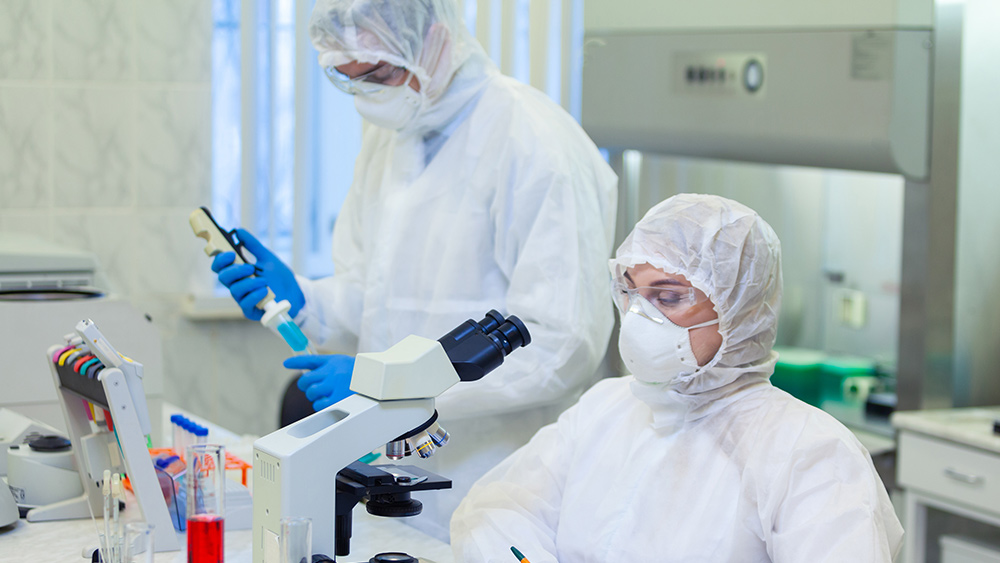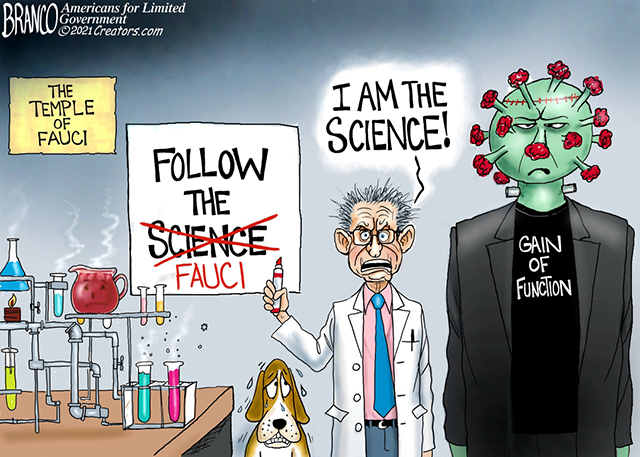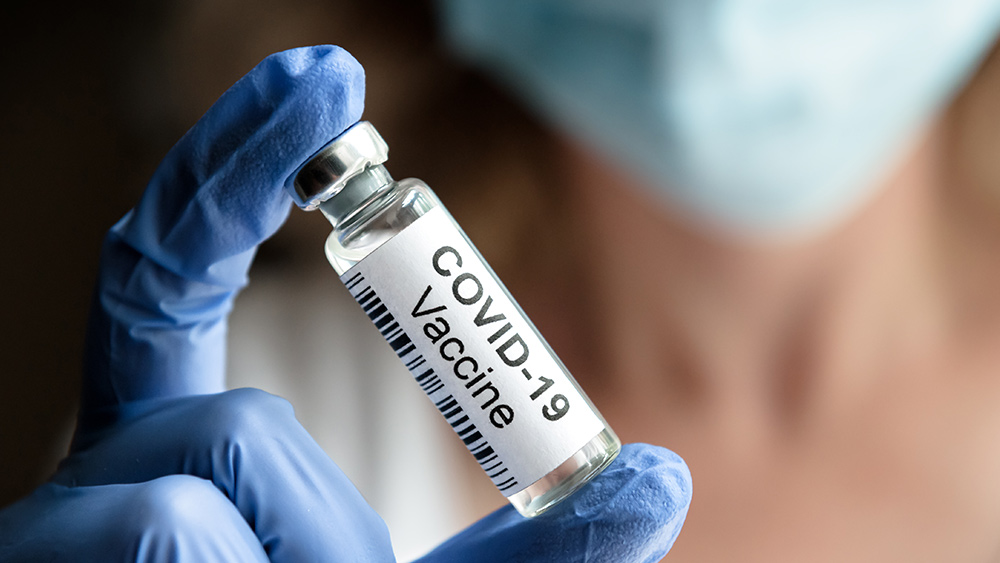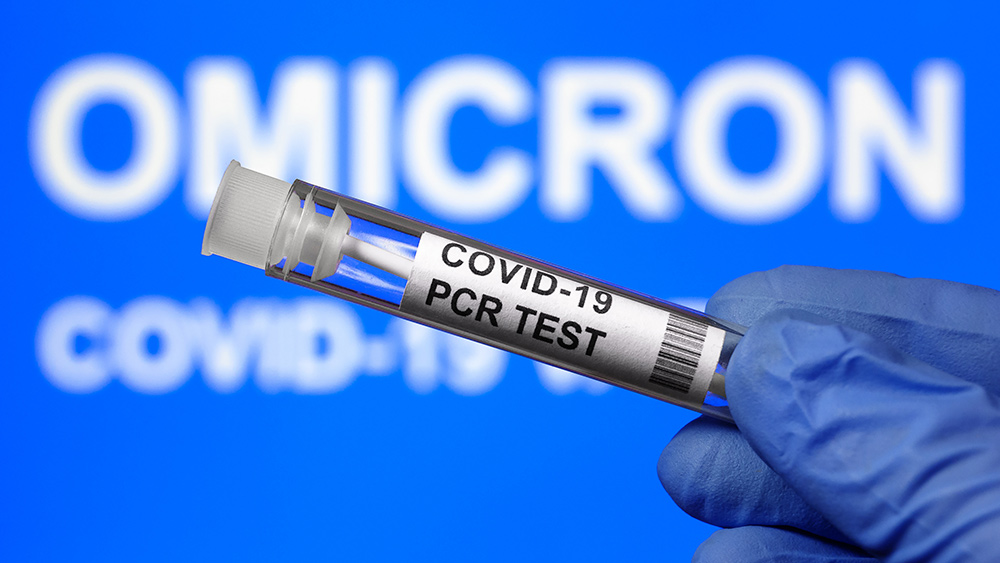US begins study of allergic reactions from mRNA coronavirus vaccines, proving covid vaccine long-term safety studies have never been conducted
04/12/2021 / By Ramon Tomey
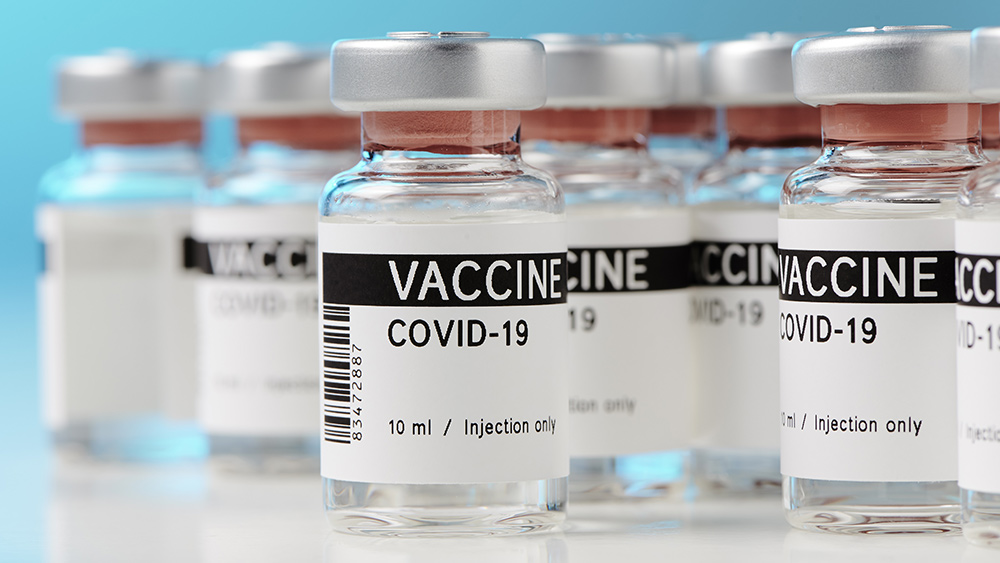
The U.S. will start a study focusing on the allergic reactions triggered by mRNA Wuhan coronavirus (COVID-19) vaccines. The trial, conducted by the National Institute of Allergy and Infectious Diseases (NIAID), will examine if people with a history of allergies have a higher chance of experiencing reactions beyond the injection site. It will also look at the biological mechanism behind the allergic reactions the vaccines purportedly trigger.
NIAID announced the study on April 7, remarking that the mRNA vaccines from Pfizer/BioNTech and Moderna will be its focus. The institute’s director Dr. Anthony Fauci said the information obtained during the study “will help doctors advise people who are highly allergic or have a mast cell disorder about the risks and benefits of receiving these two vaccines.”
“The public understandably has been concerned about reports of rare, severe allergic reactions to the Moderna and Pfizer/BioNTech COVID-19 vaccines,” the infectious disease expert remarked. But he reiterated that “for most people, the benefits of COVID-19 vaccination far outweigh the risks.”
The Food and Drug Administration (FDA) approved the mRNA vaccine manufactured by Pfizer and its German partner BioNTech for emergency use in December 2020. A week later, it approved the COVID-19 vaccine candidate by Massachusetts-based pharmaceutical firm Moderna. Over 168 million vaccine doses have been injected into the arms of Americans as of April 6, with a huge majority being either from Pfizer/BioNTech or Moderna.
NIAID’s trial will enroll 3,400 adult participants aged 18 to 69 years old. About 60 percent of the volunteers must either have a history of severe allergic reactions or be diagnosed with a mast cell disorder. The remaining 40 percent must not have any of these. Furthermore, approximately two-thirds of trial participants will be female as a majority of anaphylactic reactions after vaccination has occurred among women.
Participants will be randomly assigned to receive either a vaccine or a placebo followed by an actual jab. Every volunteer will ultimately get two doses of a vaccine. If allergic reactions occur in participants during the study, researchers will then examine if these are more frequent in participants with a history of these reactions vis-à-vis other volunteers. They will also look at the biological mechanism behind these allergic reactions and any possible factors that predict people most at risk from these reactions – such as genetic patterns.
The federal health institute added that the study’s results are expected by late summer of this year.
Given the number of people who suffered allergic reactions to the jabs, NIAID’s response appears to be belated
Fauci and other health experts did not mention the upcoming clinical trial during an April 7 virtual press conference. Reporters who were present also did not bring up the matter. Furthermore, NIAID did not immediately respond to an inquiry as to why scrutiny of post-vaccination allergic reactions will only be done just now. (Related: Moderna’s and Pfizer’s vaccines share the same problem: They’re unsafe for people with allergies.)
Meanwhile, the FDA and the Centers for Disease Control and Prevention (CDC) both remarked that cases of anaphylaxis after getting the COVID-19 jab were “rare.” Nevertheless, guidance released by the CDC said facilities administering COVID-19 vaccines should have at least three doses of epinephrine available at all times. The public health agency added that vaccinated individuals should be observed for at least 15 minutes, while those with a history of anaphylaxis or allergic reactions to vaccines should be observed for 30 minutes.
Some cases of adverse reactions triggered by either the Pfizer/BioNTech or Moderna vaccine have been publicized. These mostly involved health care workers, who were the first ones to receive the jabs. Back in December 2020, two health workers with the U.K.’s National Health Service experienced an allergic reaction after getting the Pfizer/BioNTech jab. Both health care workers who experienced anaphylaxis carried auto-injector pens for their allergies. (Related: UK regulator warns public to avoid COVID-19 shots if they already struggle with allergies.)
Meanwhile, an American doctor who received the Moderna vaccine experienced life-threatening anaphylaxis minutes after his inoculation. Dr. Hossen Sadrzadeh of the Boston Medical Center needed medical intervention after getting the Moderna COVID-19 jab. He suffered from an increased heart rate, numbness of the tongue and throat and a sudden drop in blood pressure. Despite having an auto-injector pen for his allergies, this was insufficient to stop the allergic reaction.
Sadrzadeh was admitted to the emergency room on Christmas Eve, where doctors immediately administered Benadryl and steroids. His condition improved on Christmas Day and he was subsequently discharged. Nevertheless, Sadrzadeh recommended that people with allergies get vaccinated in a hospital setting – despite his life-threatening allergic reaction.
Visit VaccineInjuryNews.com to read more news about allergic reactions caused by mRNA COVID-19 vaccines.
Sources include:
Tagged Under: allergic reaction, anaphylactic shock, BioNTech, clinical trial, coronavirus vaccine, covid-19, covid-19 pandemic, experimental medicine, mast cell disorder, Moderna, mRNA vaccines, National Institute of Allergy and Infectious Diseases, pandemic, Pfizer, Vaccine deaths, vaccine injury, vaccine wars, vaccines, Wuhan coronavirus
RECENT NEWS & ARTICLES
ScienceFraud.News is a fact-based public education website published by Science Fraud News Features, LLC.
All content copyright © 2018 by Science Fraud News Features, LLC.
Contact Us with Tips or Corrections
All trademarks, registered trademarks and servicemarks mentioned on this site are the property of their respective owners.





